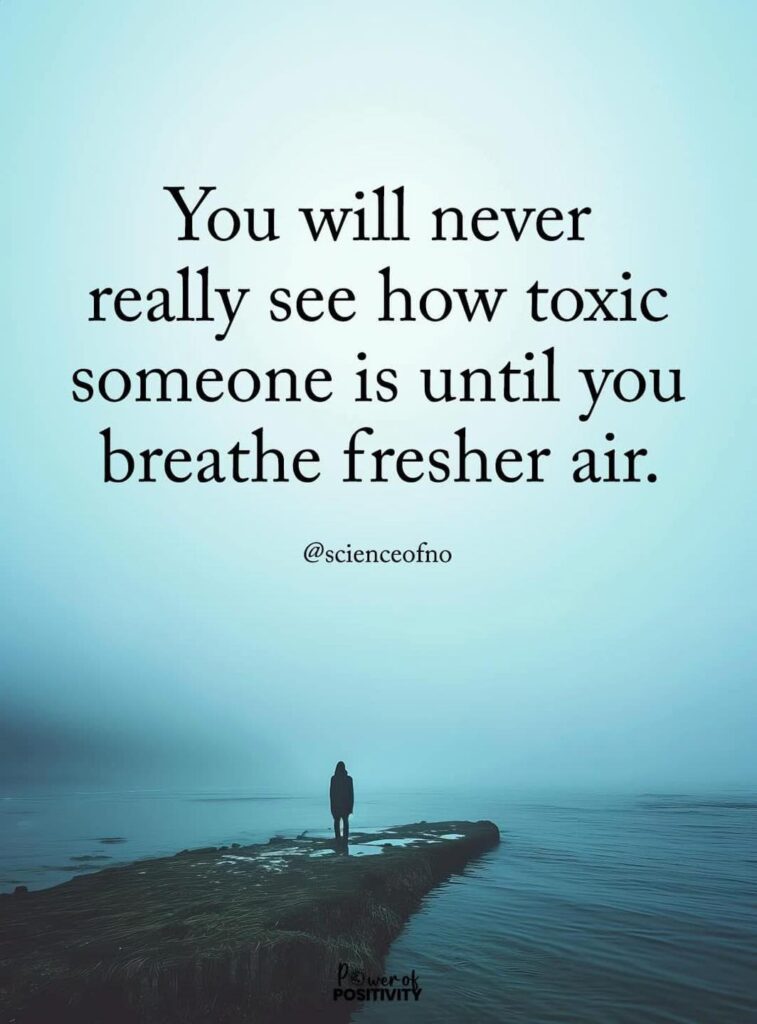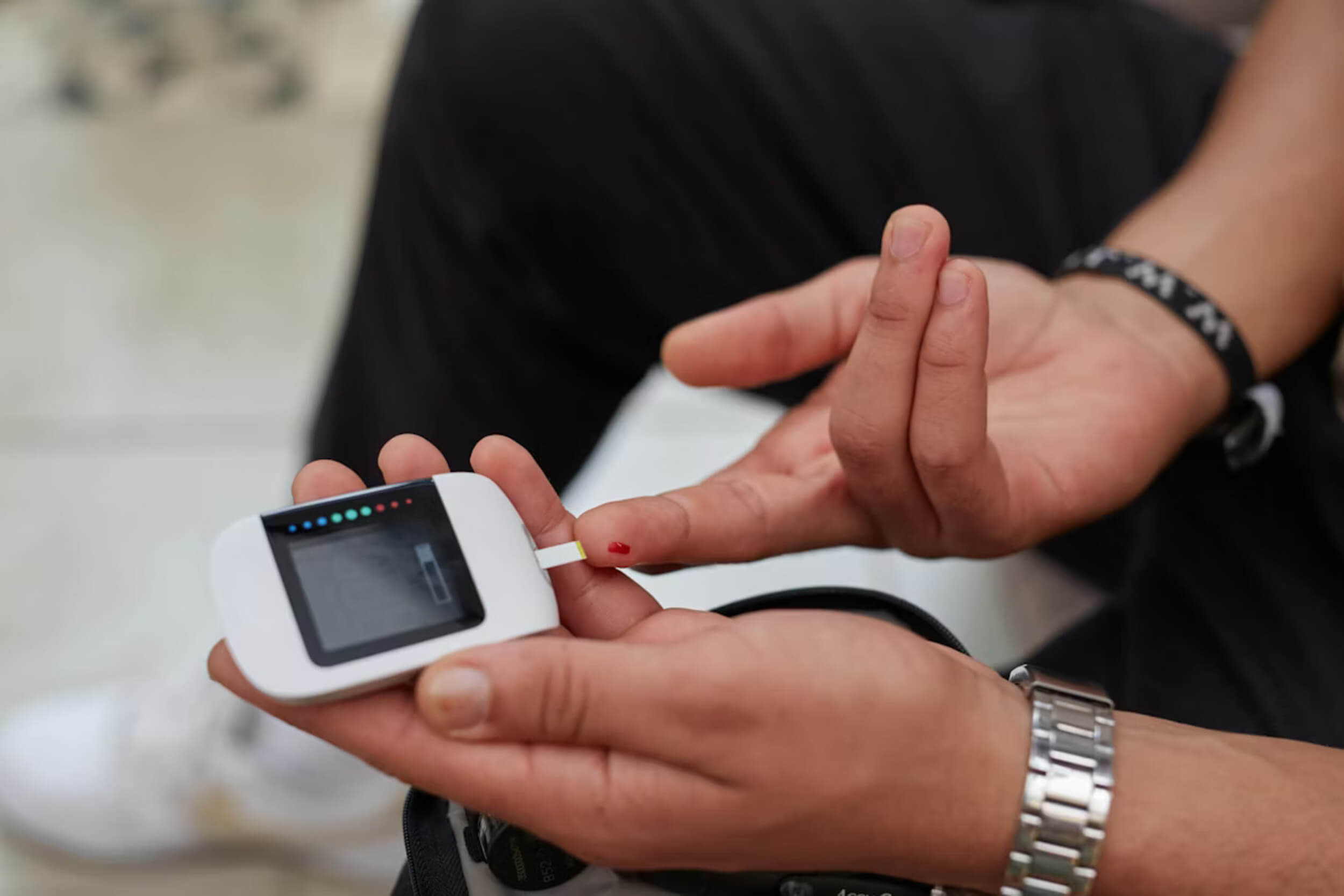Have you ever wondered if the signs that a relationship is failing could be right in front of you? Often, it’s the subtle things—those small behaviors or patterns—that quietly build up over time. They’re easy to overlook, especially when daily life keeps you busy, but those hidden signs can lead to bigger problems if left unaddressed.
Relationships rarely fall apart overnight. Instead, they slowly unravel in ways that can be hard to notice until the damage feels overwhelming. Maybe it’s the lack of meaningful conversations, or perhaps it’s the moments when you start to feel distant without knowing why. These clues, though small, hold the key to understanding where things might be going wrong.
By recognizing these signs early, you can take steps to address them, avoid prolonged unhappiness, and make healthier decisions for yourself and your relationship. Missing them could cost more than just time—it could cost your peace.
Recognizing Subtle Warning Signs in Your Relationship
When a relationship is failing, the signs aren’t always loud or obvious. Instead, they often show up as subtle changes—small shifts in behavior or communication that are easy to brush off as unimportant. These are the “silent red flags” that can quietly signal trouble long before bigger problems appear.
Unlike major issues like cheating or constant arguments, these warning signs are less dramatic. They creep in over time, like when you stop sharing your day with each other or start feeling disconnected during conversations. Maybe you no longer laugh at the same jokes, or it feels like you’re just going through the motions. These moments may seem minor, but they can be the first signs that something deeper isn’t working.
The truth is, most relationships don’t end with one big event—they fade. That’s why spotting these quiet signals is so important. Recognizing them early gives you the chance to talk about what’s happening and work together to make things better. On the other hand, ignoring them can lead to more distance and unhappiness over time.
Paying attention to these subtle changes doesn’t mean assuming the worst. It’s about being mindful of the connection you share and ensuring it stays strong. Even the healthiest relationships need care, and spotting these early signs can help keep things on track before they unravel.
11 Signs A Relationship Is Failing (That Are Easy to Miss)
It’s not always the big fights or dramatic moments that signal trouble; sometimes, it’s the little things that go unnoticed, slowly creating distance between you and your partner.
1. Conversations Feel Forced or Superficial
When communication starts to feel like a chore, it’s often a sign that something deeper is missing. Conversations that used to flow naturally become forced or focused on small talk instead of meaningful discussions. This shift can leave both partners feeling emotionally distant, as there’s no real connection being formed. Relationships thrive when there’s open, honest communication, and when this disappears, it’s easy to feel like you’re talking past each other rather than to each other.
2. You Avoid Spending Time Together
If you find yourselves making excuses to avoid each other—whether it’s staying late at work or spending more time doing individual activities—it might be time to pay attention. While everyone needs space, consistently choosing to be apart instead of together can signal a lack of interest or unresolved tension. The bond in a relationship thrives on shared time and experiences. When this starts to dwindle, it can leave one or both partners feeling neglected or unimportant.
3. Small Annoyances Turn Into Big Frustrations
What once seemed like harmless quirks now feel unbearable. Whether it’s how your partner chews their food, leaves their shoes lying around, or forgets small things, those little habits that you used to overlook begin to frustrate you more and more. This shift usually comes from underlying resentment or dissatisfaction. Instead of talking about these growing frustrations, they get buried until they eventually erupt, creating more tension in the relationship.
4. Emotional Support Feels One-Sided
A healthy relationship requires both partners to be there for each other during tough times. But when emotional support starts feeling one-sided, it’s a clear sign that something is off. If you’re always the one offering comfort and your partner isn’t providing the same support in return, it can leave you feeling emotionally drained. Mutual care and empathy are key to a strong connection, and a lack of this can weaken the foundation of the relationship.
5. Physical Affection Has Dwindled
When physical affection starts to fade—whether it’s hugs, kisses, or even just holding hands—it can reflect a deeper emotional distance. Intimacy is an important part of any relationship, and its decline often signals unresolved issues or growing disconnection. If you no longer crave physical closeness, it might indicate that there’s more going on beneath the surface than just a busy schedule or tiredness.
6. Conflict Resolution Turns Into Avoidance
At the beginning of a relationship, arguments might be heated, but they usually lead to resolution. However, when conflict turns into avoidance, it can signal that both partners are reluctant to address the issues at hand. If disagreements are swept under the rug or never fully resolved, it leaves space for resentment to build. Healthy conflict resolution helps relationships grow stronger, but when this stops happening, it often leads to a widening gap between partners.
7. Future Plans Are Off the Table
In a healthy relationship, couples talk about their future together, whether it’s planning vacations, discussing marriage, or talking about long-term goals. When these discussions stop happening, it’s a sign that one or both partners might not see a future with the other. Avoiding these conversations can create uncertainty and prevent both partners from aligning their lives together. If the future is never on the table, it could signal a lack of commitment or investment in the relationship.

8. Differences in Values or Goals Are More Pronounced
At first, it might seem like your values and goals align, but over time, differences begin to show. Whether it’s career ambitions, how to raise children, or even lifestyle choices, these differences can create tension if not addressed. Small disagreements can build up over time and begin to feel like insurmountable barriers. When these issues are ignored or avoided, it’s easy for the relationship to feel like it’s not moving in the same direction.
9. Friends and Family Notice a Change
Sometimes, the people closest to you see things you don’t. If friends or family members start commenting on changes in your relationship or seem concerned, it’s important to listen. They might notice things you’ve missed or brushed off, like a lack of affection, communication, or shared time. Outsiders can often see the red flags that partners are too close to recognize, making their observations valuable for understanding the health of the relationship.
10. Personal Growth Feels Stagnant
A relationship should encourage both partners to grow individually and together. However, when personal growth starts to feel stagnant, it might indicate an unhealthy dynamic. Whether it’s a lack of support for your dreams or feeling stuck in your personal life, a relationship that doesn’t foster growth can feel draining. Over time, this stagnation can make you feel like you’re stuck in a cycle, which can lead to frustration and unhappiness.
11. You Question Your Own Happiness
When you find yourself constantly questioning your happiness and whether the relationship is fulfilling, it’s a major sign that something is off. If you’re unsure whether you’re in the right relationship, it may be time to reflect on what you truly need and want. Doubting the relationship’s value or feeling unhappy despite being together often points to a deeper disconnect. When this happens regularly, it’s important to consider whether the relationship is serving your well-being or causing unnecessary stress.
Why Recognizing These Signs Matters
Recognizing the signs that a relationship is failing early on is incredibly important. When you spot these subtle issues, you give yourself the chance to fix them before they grow into something much harder to deal with. The earlier you notice the small red flags, the more options you have to address them—whether that’s having an honest conversation with your partner, seeking therapy, or simply making a decision to change things up.
If you wait too long to address these issues, they can start to feel overwhelming and harder to fix. Ignoring them can also lead to more frustration and emotional pain over time. It can be easy to push your feelings aside or hope things will improve on their own, but without recognition and action, problems only get worse.
On the other hand, acknowledging these signs doesn’t always mean the end of the relationship. Sometimes, it can be the wake-up call needed to reconnect and strengthen your bond. However, if it becomes clear that the issues can’t be resolved, recognizing the signs early helps you make a healthy decision to part ways. Either way, understanding the situation helps you take control of your happiness and well-being.
What You Can Do When You Notice These Signs
When you notice the signs that your relationship is failing, the first step is to talk about it. Open, honest communication is key. Instead of keeping your feelings bottled up, try to express your concerns calmly and clearly. Share what’s bothering you without blaming your partner. It’s important to approach the conversation as a way to understand each other better and work through the problems together.
If communication doesn’t seem to help or things feel stuck, seeking help from a therapist can be a game-changer. Therapy can provide a safe space for both of you to talk about your feelings, learn better ways to communicate, and find solutions that work for both partners. A professional can also help identify any patterns or behaviors you might not notice on your own.
Sometimes, recognizing these signs also means taking a step back and thinking about your own needs and priorities. Are you feeling fulfilled in the relationship? Are your needs being met? If not, it may be time to consider whether the relationship is still right for you. Taking care of yourself is just as important as fixing the relationship. It’s okay to make decisions that are best for your happiness, even if it means letting go of something that isn’t working.
In any case, acknowledging these signs early gives you the power to take action—whether that’s improving things together or making a change for your well-being.
Final Thoughts on Recognizing and Addressing Relationship Challenges
Recognizing when a relationship is failing can be tough, but it’s a powerful first step in making positive changes. Not every relationship is meant to last forever, and that’s okay. What matters most is that you’re aware of the signs and can make decisions that are right for you. Whether that means having tough conversations with your partner, seeking help from a therapist, or even walking away to focus on your own well-being, you deserve a relationship that brings out the best in you.
Addressing these challenges early can lead to growth and improvement, not only for the relationship but for yourself. Sometimes, taking action and being honest with yourself about what’s working and what’s not can lead to unexpected healing. Other times, it might be time to move on and create space for something new and healthier.
The key is to stay connected to your needs and desires, both in your relationship and in your life. You have the power to choose happiness, and recognizing these signs helps you make informed, empowering decisions that support your well-being. Keep in mind that relationships, like everything else, require care and attention, and the right steps will always guide you in the direction that’s best for you.














